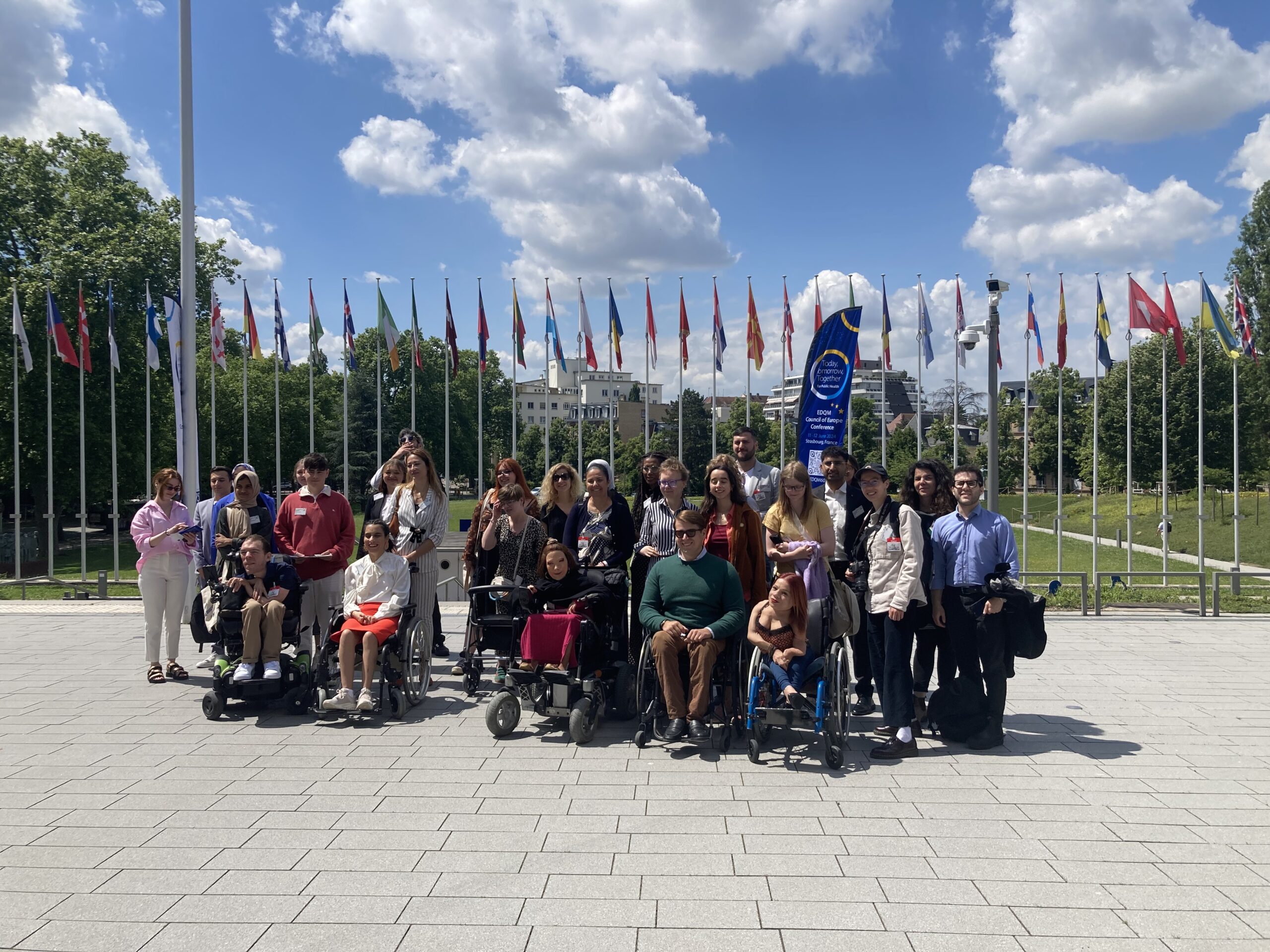Sex education, which encompasses knowledge of the human body, safe sex, relationships and
marriage, reproductive rights, adoption and sexual orientation, is integral to independent
living1
of disabled people – the main focus of ENIL’s work. It is especially important for
young people, who are becoming more interested in their bodies and sexuality, and may be
exploring their sexuality and starting relationships. At the same time, in many countries,
formal education does not include sex education as part of the curriculum. Whereas nondisabled people may find more opportunities to compensate for this lack of formal education,
young disabled people might find it more difficult. They are often seen by their parents as
permanent children, considered asexual or unable to have sex by the society and, therefore,
ignored by any formal or non-formal initiatives related to sex education. In addition, research
shows that disabled girls and women are often discriminated against when it comes to their
reproductive rights, and may find it difficult to access adequate health care, support and
information. Many young disabled people face double discrimination on the grounds of their
gender identity or sexual orientation.



